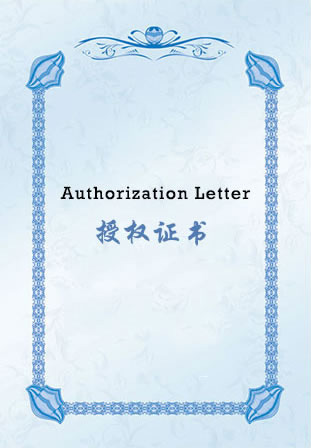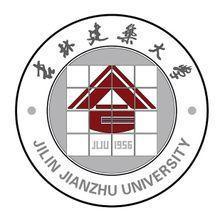Founded in 1956, the institute now has multilevel educational programmers of postgraduate education, undergraduate education and higher vocational education. It is characteristic of engineering-centered multidiscipline, including science, engineering, literature, management and law. It has developed into a teaching-model general higher engineering institute with architecture and civil engineering as its superiority. There are approximately 13,000 full time students in the institute by enrolling students from 27 parts of country. There are 18 teaching units, such as School of Architecture and Planning, School of Civil Engineering, School of Urban Planning and Environmental Engineering. We have 12 postgraduate specialties and 27 undergraduate specialties, among which architecture and civil engineering have passed the evaluation from Construction Department on the discipline of civil engineering science in the national higher institutes. These 4 specialties of water supply and sewage engineering, architecture, civil engineering and art design are the first-batch featured specialties in the province. Moreover, water supply and sewage engineering and architecture are the national first-class featured specialties. The institute has rich human resources by employing faculty of nearly 1100. Among the 700 full-time teachers, there are 400 with the senior professional technical titles and more than 600 with doctor or master degrees. It is an excellent teaching and researching team equipped with 60 senior brains of the national, departmental and provincial experts as well as doctoral and master supervisors. The institute insists on taking teaching as the working center while making great efforts to improve teaching quality. Currently, it has undertaken 65 national, departmental and provincial teaching research projects and received 10 Provincial Teaching Awards. It has 7 elite courses and 31 high qualified courses at provincial level. 41 academic works and textbooks have been published. The institute lays great emphasis on practical teaching and basic teaching as well. Surrounding the rural and urban infrastructure, the institute has been launching various scientific research and social service. Recently, the institute has taken charge of nearly 200 national, departmental and provincial scientific research projects; simultaneously, 36 Departmental and Provincial Scientific Research Awards have been obtained. There are 11 Departmental and Provincial Science and Technology Progress Awards, among which there are 2 First Prizes, 6 Second Prizes and 3 Third Prizes. The faculties have published 3000 pieces of essay, among which 650 pieces of academic papers have been selected for the international key index publications, such as EI, SCI, ISTP etc. 43 National patents have been obtained. In 2006, the institute had been evaluated National Construction Science and Technology Progress Advanced Unit during “the Tenth Five-year Project. The institute launches overseas academic exchanges actively. It has built up a close relationship with colleges and research organizations of England, American, Japan, Russia, Canada, Germany, Argentina, South Korea and Singapore for running joint school programs, personnel training and visits. The institute has invited more than a hundred experts from over ten countries to hold university appointments as professors or deliver excellent academic lectures. The cooperative agreement for jointly running school projects has been signed between Singapore Chartered Institute of Technology and the institute. These joint specialties begin to recruit students from 2009.
Home > University Search
Results > Jilin Jianzhu University

| Program | Degree | Duration | Teaching Medium | Tuition Fee | Starting Date | Application Deadline |
|---|
Review
-
Points 0(0 rewiews in total)
- Teaching
Points 0
- Accomodation
Points 0
- Food
Points 0
- Environment
Points 0
- Location
Points 0
- Administration
Points 0
- Living expense
Points 0
- What students say about CNU
Some Facts
- Year Founded:1956
- Location:Changchun
- School Tier: Ordinary
- International Students:123

- Contact Us
-
Tel:
0086-571-88165708
0086-571-88165512E-mail:
admission@cuecc.com
- About Us
- Who We Are What we do Why CUECC How to Apply
- Address
- Study in China TESOL in China
Hangzhou Jiaoyu Science and Technology Co.LTD.
Copyright 2003-2024, All rights reserved






 Chinese
Chinese
 English
English
 Korean
Korean
 Japanese
Japanese
 French
French
 Russian
Russian
 Vietnamese
Vietnamese
